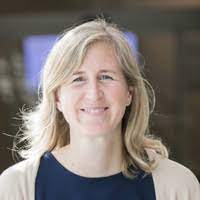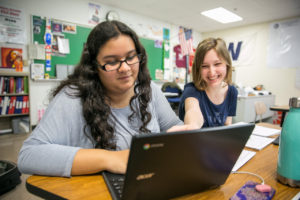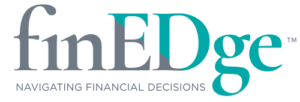finEDge – Best Non-profit for School-age Education | The MAIAs 2022
Understanding that financial literacy and education aren’t just about passing a test is an important part of what the MAIAs.
 “We want students to define their own visions of financial well-being – there is no one right answer,” said Rebecca Maxcy, Director of the University of Chicago Financial Education Initiative that developed the finEDge curriculum, that won the MAIA for Best School Age project by a non-profit organisation.
“We want students to define their own visions of financial well-being – there is no one right answer,” said Rebecca Maxcy, Director of the University of Chicago Financial Education Initiative that developed the finEDge curriculum, that won the MAIA for Best School Age project by a non-profit organisation.
“If you really want young people to really learn about money and how to use it, you can’t just transmit information and hope it sticks,” said Michael Gilmore, co-founder of the MAIAs. “Our judges were impressed by the research-based curriculum UChicago has developed to ensure high school students find the course stimulating and empowering.”
Maxcy explains: “The program’s content and pedagogical approach are based on learning science, behavioural change research, and the latest information on effective design of formal and informal financial education experiences.
“The goal is that finEDge students leave the program with productive financial decision-making skills, attitudes, and knowledge. We want everyone to be able to navigate the financial system with confidence, make informed and reasoned financial decisions throughout their lives, and realize long-term financial well-being.”
The finEDge programme aims to inspire students to be intelligent and critical consumers. It prompts students to question financial institutions, their products, interests, and how they make profits.
Maxcy says: “They need the messiness of real-life financial decision-making. finEDge inspires students not just to learn good financial practices, but also to understand that the best decision may change based on personal and social context.”
The curriculum takes a varied approach to keep everyone engaged and ensure lessons are understood and remembered. It goes beyond the classroom, looking at the complex environments in which students might find themselves. It does this by exploring scenarios with simulations and games, all of which help them apply content knowledge and practice the financial decision-making process in realistic contexts.
“The programme uses a variety of digital tools incorporated throughout each finEDge module. Students create digital portfolios in which they organize, synthesize, and revisit information throughout the program, connecting their learning to their own lives,” Maxcy says.
“Concept maps at the end of each module help students improve their metacognition and confidence in personal finance. Various calculators let students explore the costs of saving, borrowing, and investment decisions. Additionally, we designed and built research-based original digital games for each content module. The games allow students to apply key financial content and practice financial decision-making in a low-stakes environment.”

The finEDge programme is the result of rigorous research that ensures the curriculum is evidence-based. It is also one of the only high school financial education programmes to have been externally evaluated. This evaluation allows the course designers to confirm the benefits both students and teachers receive.
The course has proved incredibly successful, with over 11,000 students and 111 teachers participating since it began. The feedback has been universally positive.
“An education should prepare every student to succeed in a changing world. A high-quality financial education program like finEDge ensures that students have the skills and confidence to navigate the financial system with a critical eye,” Maxcy says.
Michael Gilmore, MAIA co-founder, added, “For high schoolers to learn sound financial decision-making, they need to be engaged as well as informed. We love the way finEDge promotes critical thinking through so many varied teaching methodologies. It really helps students learn and remember what they’ve been taught.”
If you want to know more, visit the finEDge website or email us at michael@www.maiawards.org.

